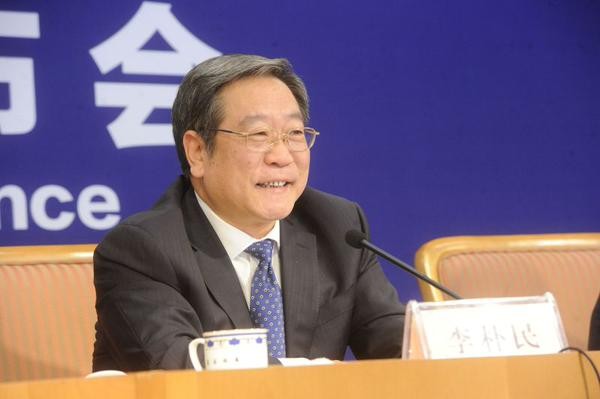The National Development and Reform Commission (NDRC) is confident of reaching its annual growth target for the country's economy of about 7 percent despite lower projections made by the Asian Development Bank and the Chinese Academy of Social Sciences.
Li Pumin, secretary-general of NDRC, said that the government can tolerate slower GDP growth due to moderate rise in inflation and stable expansion of the labor market.
In the first eight months, new job opportunities increased by 9.52 million in urban areas, covering 95 percent of the year's target, according to the NDRC.
Li said that consumption and the service sectors are expected to grow, while the industrial sector, which is affected by overcapacity, may maintain weak growth of about 6 percent.
The NDRC will strengthen policy support for investment, which includes boosting special bond issuance and expanding the debt-to-bond swap program.
On Monday, the Chinese Academy of Social Sciences, a top academic research organization, lowered China's growth forecast for this year from 7 percent to 6.9 percent.
Then the Asian Development Bank followed on Tuesday, lowering growth projections to 6.8 percent for this year and to 6.7 percent for 2016, compared with March estimates of 7.2 and 7 percent, respectively.
Jurgen Conrad, head of ADB's economics unit in China, identified the delayed recovery in major industrial economies as the key factor for the projection change.
Also contributing to holding back activities in some key manufacturing centers in the third quarter were the last month's fatal blasts in Tianjin and the tropical storms.
Zhuang Jian, a senior economist at the ADB, noted that China's productivity is only about one-third of countries from the Organization for Economic Cooperation and Development.



























